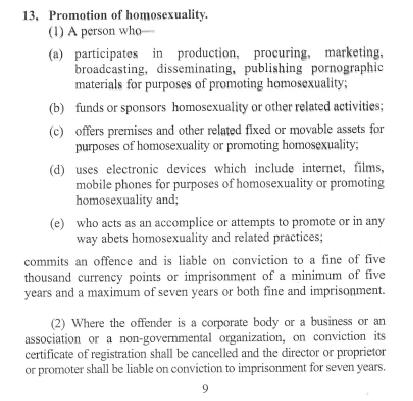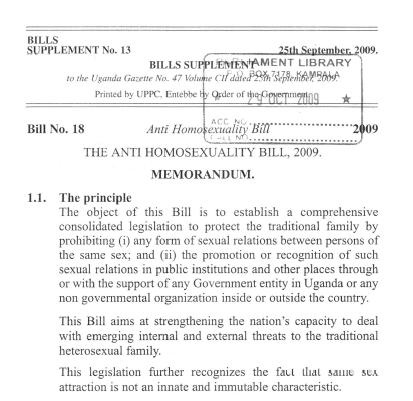I have written a headline like that several times since 2009. However, in 2012, the calls still come:
In a statement, the bishops called for the review of the Constitution to reduce the excessive powers enjoyed by the President.
Orombi said there is need to enact a law to protect the sitting President from being bombarded by the people asking him to address issues that can be solved by the relevant institutions.
“The President cannot do everything. We want the relevant government institutions to be allowed to do their work instead of everyone asking the President to solve their problems,” he added.
The religious leaders called on Parliament to expedite the passing of the Anti-homosexuality Bill into law to combat same-sex marriages which threats the moral fabric of the Ugandan society.
They also urged government to do everything in its power to get to the bottom of the causes of nodding disease, with the view of wiping it out to save the people in the north where it has so far killed over 200 children since 2009 when it broke out.
The Speaker of Parliament, Rebecca Kadaga in a speech read for by Bahati said the Church should continue advising the political leaders objectively.
I suspect David Bahati asked for and received a call from Orombi to tout his bill. This statement is a sign that the clergy and Bahati have not given up on it.

